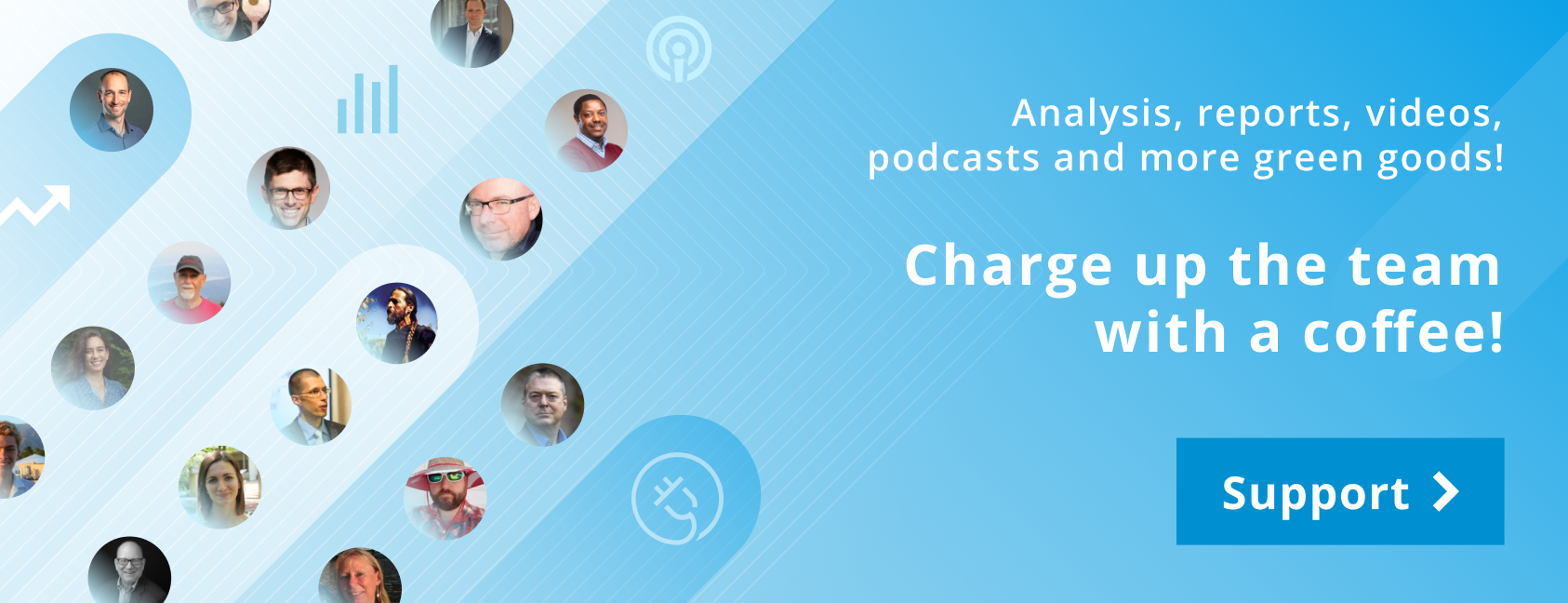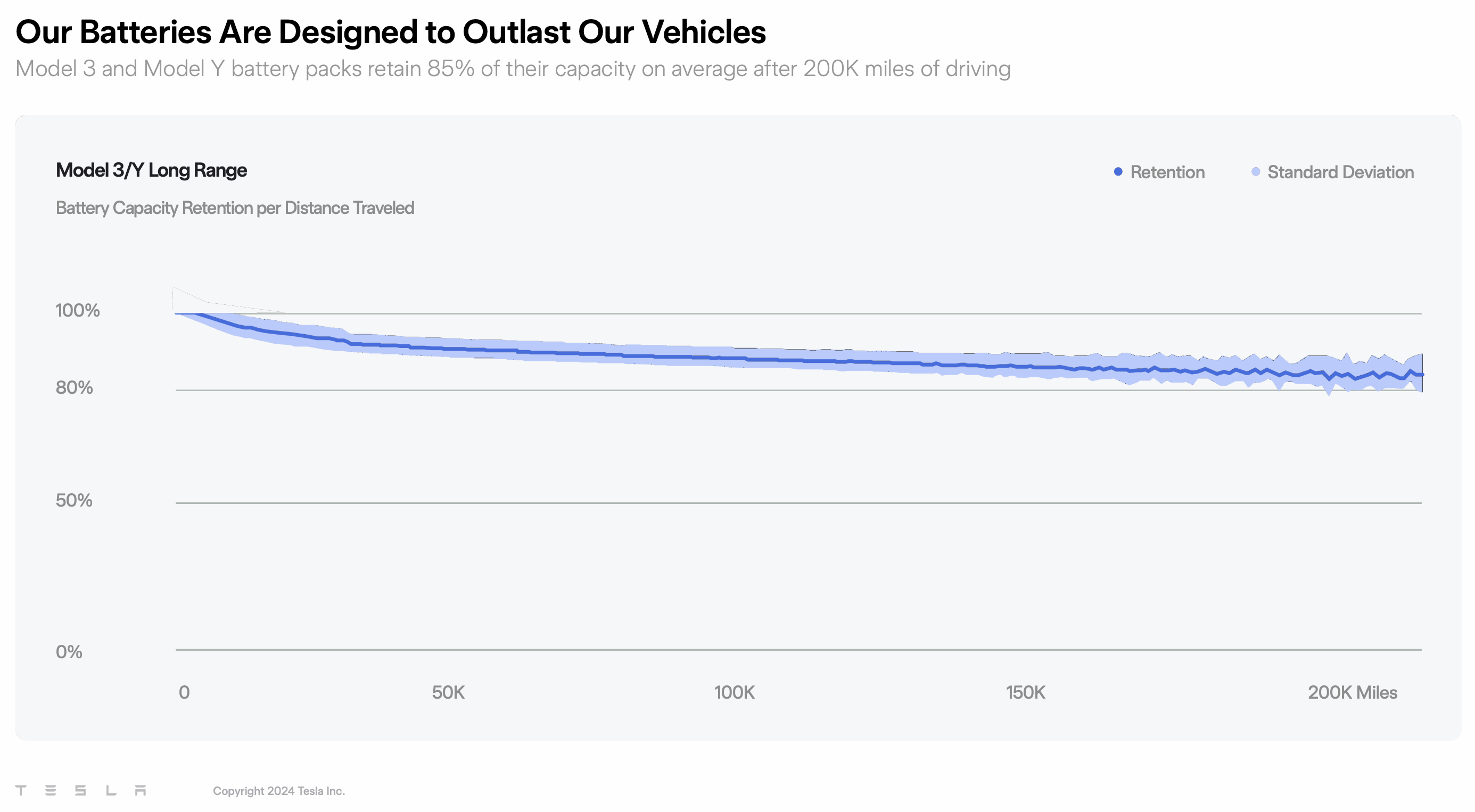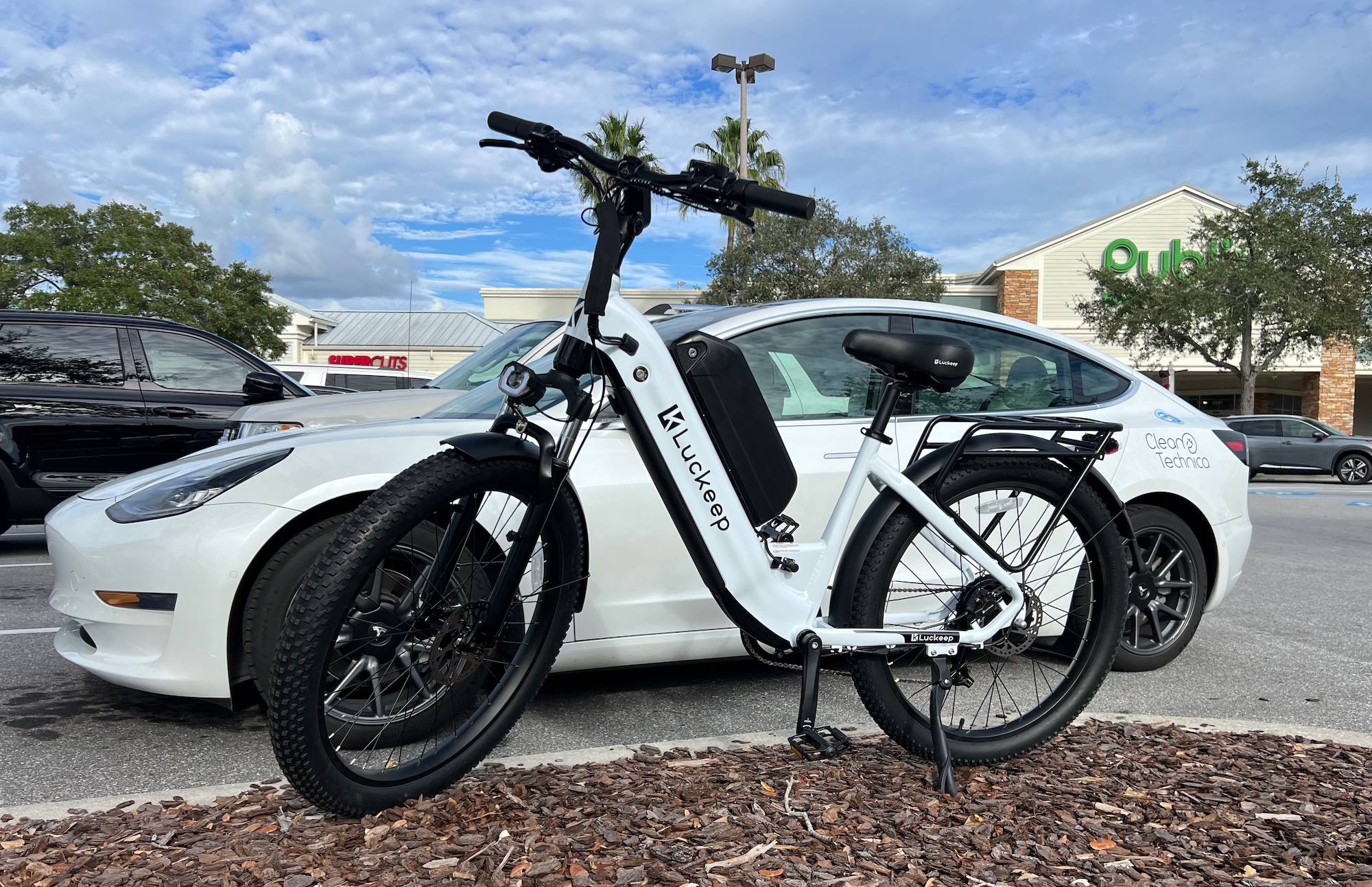
CleanTechnica readers may recall that last fall, David Malpass, the head of the World Bank, refused to acknowledge that anthropomorphic climate change was a thing. “I’m not a scientist,” he wailed while promoting policies that increased lending by the World Bank to fossil fuel projects. What else would you expect from someone who was installed in office through the auspices of the Monster From Mar-A-Lago?
But now Malpass is gone, replaced by Ajay Banga, who made a name for himself as the head of Mastercard International. The change in the organization has been immediate. Just a few weeks after Banga assumed his new duties, the World Bank issued a scathing report entitled Detox Development: Repurposing Environmentally Harmful Subsidies that calls for reducing or eliminating the trillions upon trillions of dollars governments use to prop up the fossil fuel, agriculture, and fisheries industries, saying they are causing “environmental havoc.”
Many countries spend more on those harmful subsidies than they do on health, education, or poverty reduction, the report says. The subsidies are entrenched and hard to reform since the biggest beneficiaries tend to be rich and powerful. Reforming subsidies would provide vital funding to fight the climate and nature crises at a time when public coffers are severely stretched, the report says.
Just this week, world leaders gathered in Paris to try to figure out how wealthy nations could meet their obligation to help poorer countries respond to the challenges of a hotter planet. Redirecting those toxic subsidies could go a long way toward making that possible.
In addition to direct subsidies of more than $7.5 trillion each year, there are also implicit subsidies such as waived taxes and the cost of the damage caused by global heating and air pollution. Those cost another $6 trillion a year, or about $23 million a minute, every hour of every day, all year long. The report claims the bulk of the subsidies are regressive, benefiting the rich more than the poor, and that direct aid to the poorest would be far more efficient. Here is a synopsis of the report.
- Subsidies for fossil fuels, agriculture, and fisheries exceed $7 trillion in explicit and implicit subsidies, which is around 8% of global GDP. Explicit subsidies — direct government expenditures — in agriculture, fishing, and fossil fuels total about $1.25 trillion, around the size of a big economy such as Mexico. Implicit subsidies — a measure of the subsidies’ impact on people and the planet — amount to over $6 trillion a year, and the burden falls mostly on the poor.
- Governments are spending trillions on inefficient subsidies that are making climate change worse — money that could be tapped to help solve the problem. Agriculture subsidies are responsible for the loss of 2.2 million hectares of forest per year — or 14% of global deforestation. Fossil fuel usage — incentivized by subsidies — is a key driver of the 7 million premature deaths each year due to air pollution. Fisheries subsidies, which exceed $35 billion each year, are a key driver of dwindling fish stocks, oversized fishing fleets, and falling profitability.
- Repurposing these wasteful subsidies will help ensure a green and just transition that can provide jobs and opportunities for all. Annually, countries spend six times more on subsidizing fossil fuel consumption than their commitments made under the Paris Agreement to tackle climate change. Redirecting these subsidies can unlock significant funds for sustainable purposes.
- The consequences of inaction are costly. We are running out of time to deal with the climate crisis. In times of strained budgets, growing public debts, increasing inequalities, and worsening environmental degradation, governments should prioritize comprehensive subsidy reforms that build public acceptance, protect the vulnerable, and show how the money is being spent.
- Subsidy reform is pro-poor. The belief that subsidy reforms disproportionately affect the poor is not always supported by data. In some cases, such as energy subsidies, the wealthy benefit more due to their higher consumption. To protect vulnerable groups during subsidy reforms, the report recommends compensating those who may suffer the most, using measures like direct cash transfers. Examples from the Middle East and North Africa show that cash transfers and in-kind assistance were successful in mitigating the impacts on the poor during energy subsidy reforms.
“Environmentally harmful subsidies [are] one of the most toxic aspects of development that we have in the world,” said Richard Damania, the World Bank chief economist for sustainable development, according to The Guardian. “These are trillions that we are throwing away, trillions that are doing harm. And yet we need that money. There’s something really quite strange about subsidising fossil fuels on the one hand, while we spend money to fight climate change on the other hand,” he said. At $577 billion, the explicit subsidies for coal, oil, and gas in 2021 were twice as large as those for renewable energy and almost six times more than the climate finance promised by rich countries to developing nations.
The World Bank Manifesto
In the abstract to its latest report, the World Bank says:
“Clean air, land, and oceans are critical for human health and nutrition and underpin much of the world’s economy. Yet they suffer from degradation, poor management, and overuse due to government subsidies. [This report] examines the impact of subsidies on these foundational natural assets.
“Explicit and implicit subsidies — estimated to exceed $7 trillion per year — not only promote inefficiencies but also cause much environmental harm. Poor air quality is responsible for approximately 1 in 5 deaths globally. And as the new analyses in this report show, a significant number of these deaths can be attributed to fossil fuel subsidies.
“Agriculture is the largest user of land worldwide, feeding the world and employing 1 billion people, including 78 percent of the world’s poor. But it is subsidized in ways that promote inefficiency, inequity, and unsustainability. [Agricultiral] subsidies are shown to drive the deterioration of water quality and increase water scarcity by incentifying over-extraction. In addition, they are responsible for 14 percent of annual deforestation, incentifying the production of crops that are cultivated near forests. These subsidies are also implicated in the spread of zoonotic and vector-borne diseases, especially malaria.
“Finally, oceans support the world’s fisheries and supply about 3 billion people with almost 20 percent of their protein intake from animals. Yet they are in a collective state of crisis, with more than 34 percent of fisheries overfished, exacerbated by open-access regimes and capacity increasing subsidies.
“Although the literature on subsidies is large, this report fills significant knowledge gaps using new data and methods. In doing so, it enhances understanding of the scale and impact of subsidies and offers solutions to reform or repurpose them in efficient and equitable ways. The aim is to enhance understanding of the magnitude, consequences, and drivers of policy successes and failures in order to render reforms more achievable.”
The Case For Subsidy Reform
The World Bank report sums it up best: “Although doing so will entail demanding policy reforms, the costs of inaction will be far higher.”
Especially at a time when fossil fuel companies are making historically high profits thanks to the aftereffects of the COVID pandemic and the war of aggression being waged by Russia against Ukraine, shoveling more public money into the pockets of fossil fuel companies is idiotic. You don’t need to be a scientist to know the Earth is getting hotter and that millions of people are suffering as a result.
Republican or Democrat; white, beige, or black; Catholic, Protestant, Jewish, Muslim, Hindu, or Rastafarian; we are all in the same leaky lifeboat. Time is short and the need is great. If we are going to have any public subsidies, we should make certain the money is used as efficiently, wisely, and fairly as possible.
Sign up for daily news updates from CleanTechnica on email. Or follow us on Google News!
Have a tip for CleanTechnica, want to advertise, or want to suggest a guest for our CleanTech Talk podcast? Contact us here.
Former Tesla Battery Expert Leading Lyten Into New Lithium-Sulfur Battery Era — Podcast:
I don’t like paywalls. You don’t like paywalls. Who likes paywalls? Here at CleanTechnica, we implemented a limited paywall for a while, but it always felt wrong — and it was always tough to decide what we should put behind there. In theory, your most exclusive and best content goes behind a paywall. But then fewer people read it! We just don’t like paywalls, and so we’ve decided to ditch ours. Unfortunately, the media business is still a tough, cut-throat business with tiny margins. It’s a never-ending Olympic challenge to stay above water or even perhaps — gasp — grow. So …





